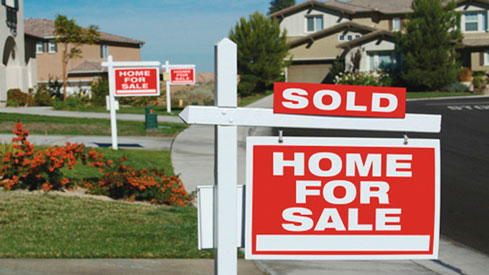
Surprise is how few Canadians own a second home
August 3, 2021

A recent survey shows that about 10 per cent of Canadians own at least two homes.
When one looks at the potential income a home can generate, the question one asks is, Why do so few own a second home?
Vancouver and Toronto have Canada’s highest prices. Vancouver, where even a city bungalow can top $1 million, is among the costliest places on the planet in which to buy a home and boasts the highest percentage of people who own a secondary home—14 per cent. Toronto has 13 per cent. Montreal, where 12 per cent of residents own at least two homes, is third in the country according to a Royal Lepage survey released July 2021.
“While some secondary properties are used for recreational purposes, many of these homes are foundational to Canada’s critical supply of rental housing,” said Phil Soper, president and CEO, Royal LePage. “Entrepreneurial landlords supply housing to the thirty per cent of Canadians who rent.”
The lure of owning a second or even third home can be traced to price appreciation in Canada’s largest urban centres because annual equity increases in a typical house can meet or surpass the average family income.
In Greater Vancouver, for example, the average value of a home—a composite of houses, condo apartments and townhouses—has increased by $351,000 in the past five years. Since June 2020, the average detached house price in Greater Vancouver has increased by $410,000, in a region where the average annual household income is $100,600.
In Toronto, the composite home price in the past year has risen 17 per cent, or the cash equivalent of approximately $170,000 for the year, compared to an average annual household income of $102,600.
The Royal Lepage survey, however, also found that many owners of second homes do not rent them out, and use them only occasionally. These consumers own the extra property to reap the rewards of appreciation.
“Investment properties are not likely being used to subsidize monthly income, but are seen as a long-term investment,” said Caroline Baile, real estate broker, Royal LePage Sussex.
The potential of a home investment is not only restricted to Canada’s big three cities.
Statistics Canada reports the average Canadian after-tax household income in 2021 is $78,463, yet, according to the Canadian Real Estate Association (CREA), the average home price in the country increased by $139,000 this year—up nearly 26 per cent compared to a year earlier.
Even New Brunswick, which has among the lowest housing prices in the country and a median family income of $49,511, has seen the average home price increase in value by $58,000 as of June 2021, according to CREA.


